UNDP: Serbs, Albanians ready to work together
The number of Serbs in Kosovo who are prepared to work with the Kosovo Albanians has increased over the past three months, a UNDP survey says.
Tuesday, 23.12.2008.
21:52

The number of Serbs in Kosovo who are prepared to work with the Kosovo Albanians has increased over the past three months, a UNDP survey says. At the same time, the number of Albanians who wish to work with Serbs has also increased significantly, according to the United Nations Development Program (UNDP) poll presented in Pristina today. UNDP: Serbs, Albanians ready to work together In Kosovo at present, 43 percent of Serbs, compared to 35 percent last July, are ready to work with Albanians, while 55 percent of Albanians are prepared to work with Serbs. This increase does not mean that they have also changed their approach to the stands of Albanian political leaders. On the contrary, dissatisfaction of the Serbs with the stands of political representatives of the Kosovo Albanians is growing, it was heard in Pristina today. For the Kosovo Serbs, there are two main factors that have impact on interethnic relations - stand of Albanian leaders (59 percent) and insufficient efforts of the Albanians in regards to integration of Serbs (17 percent). Albanians believe that the two main factors influencing the interethnic relations continue to be Belgrade's influence (54 percent) and lack of readiness on behalf of the Serbs to integrate into the Kosovo society (24 percent). According to the above research, carried out last November, 14.5 percent of interviewed Albanians, 73 percent of Serbs and 24 percent of members of other communities in the province stated that they feel “somewhat unsafe or rather unsafe when on the streets”.
UNDP: Serbs, Albanians ready to work together
In Kosovo at present, 43 percent of Serbs, compared to 35 percent last July, are ready to work with Albanians, while 55 percent of Albanians are prepared to work with Serbs.This increase does not mean that they have also changed their approach to the stands of Albanian political leaders. On the contrary, dissatisfaction of the Serbs with the stands of political representatives of the Kosovo Albanians is growing, it was heard in Priština today.
For the Kosovo Serbs, there are two main factors that have impact on interethnic relations - stand of Albanian leaders (59 percent) and insufficient efforts of the Albanians in regards to integration of Serbs (17 percent).
Albanians believe that the two main factors influencing the interethnic relations continue to be Belgrade's influence (54 percent) and lack of readiness on behalf of the Serbs to integrate into the Kosovo society (24 percent).
According to the above research, carried out last November, 14.5 percent of interviewed Albanians, 73 percent of Serbs and 24 percent of members of other communities in the province stated that they feel “somewhat unsafe or rather unsafe when on the streets”.



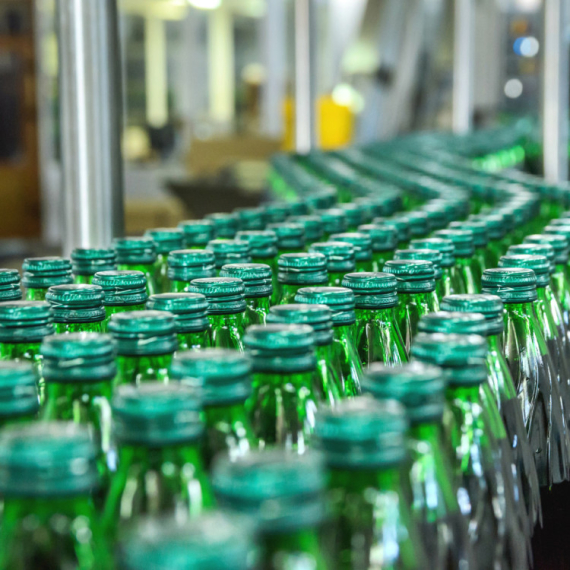






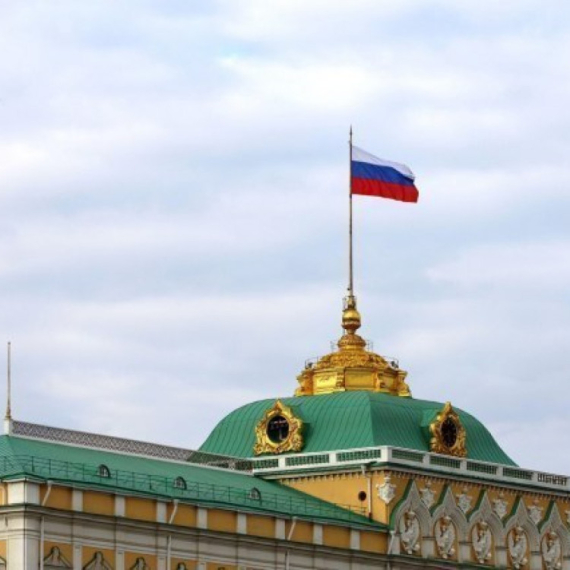
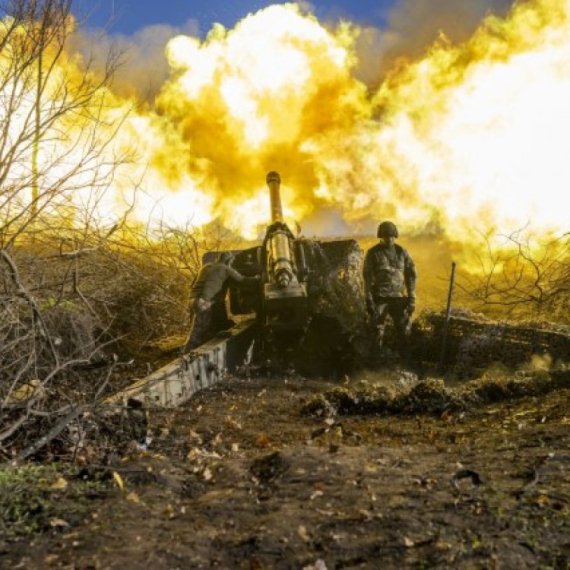





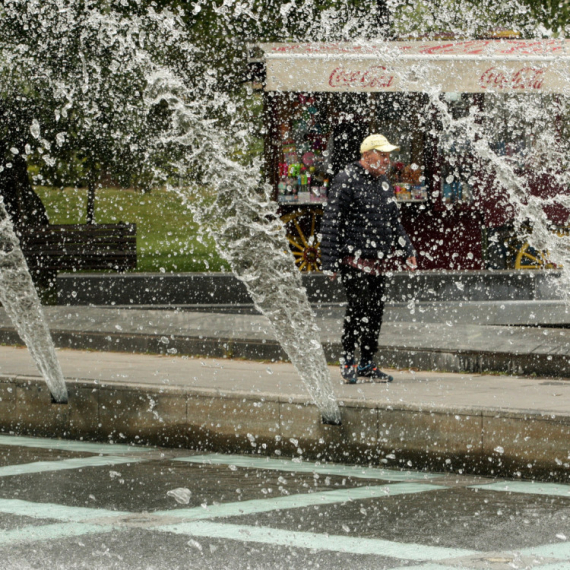

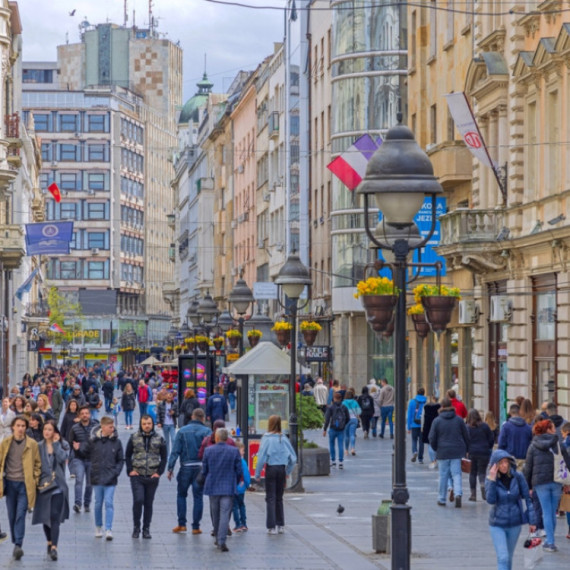







































Komentari 14
Pogledaj komentare